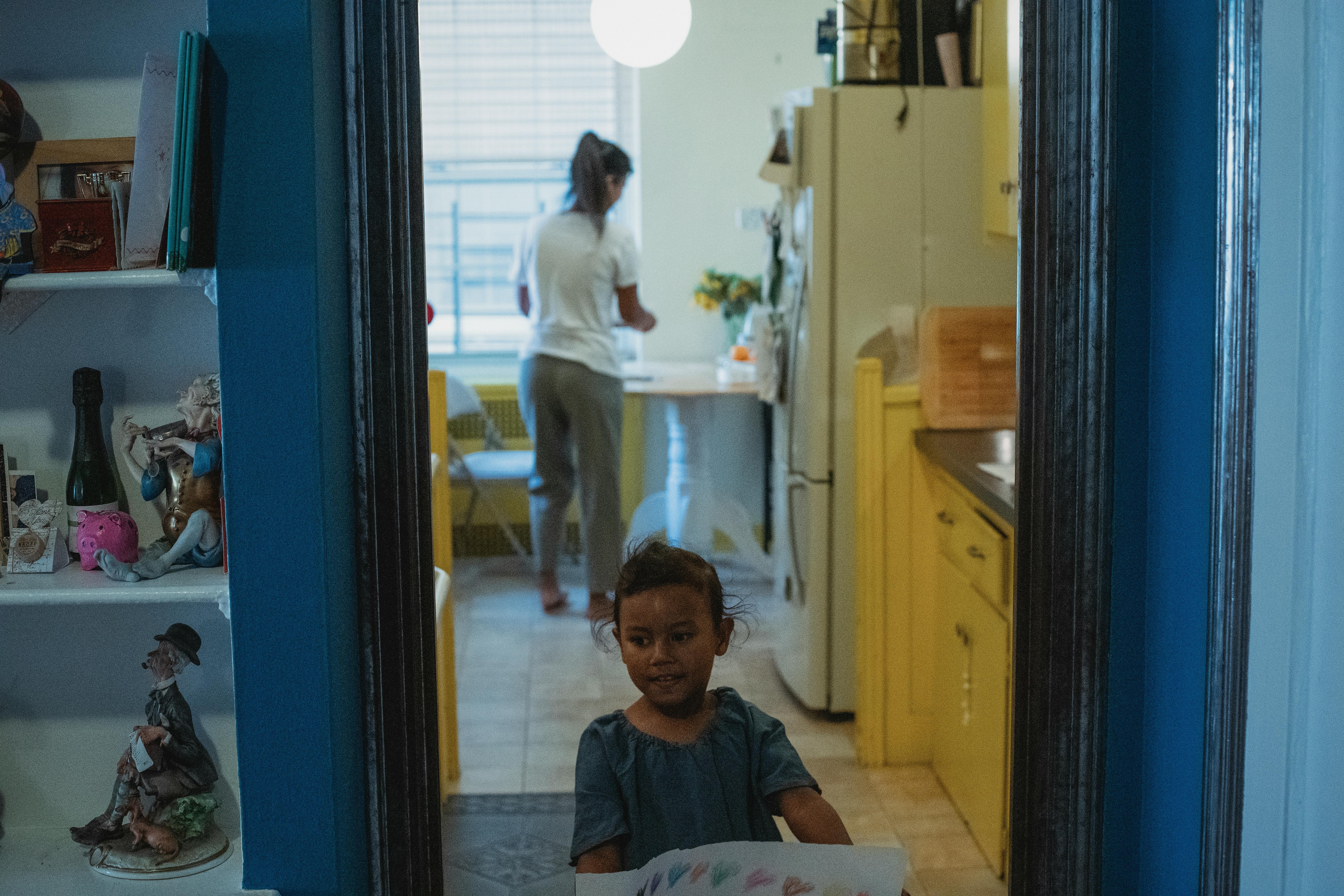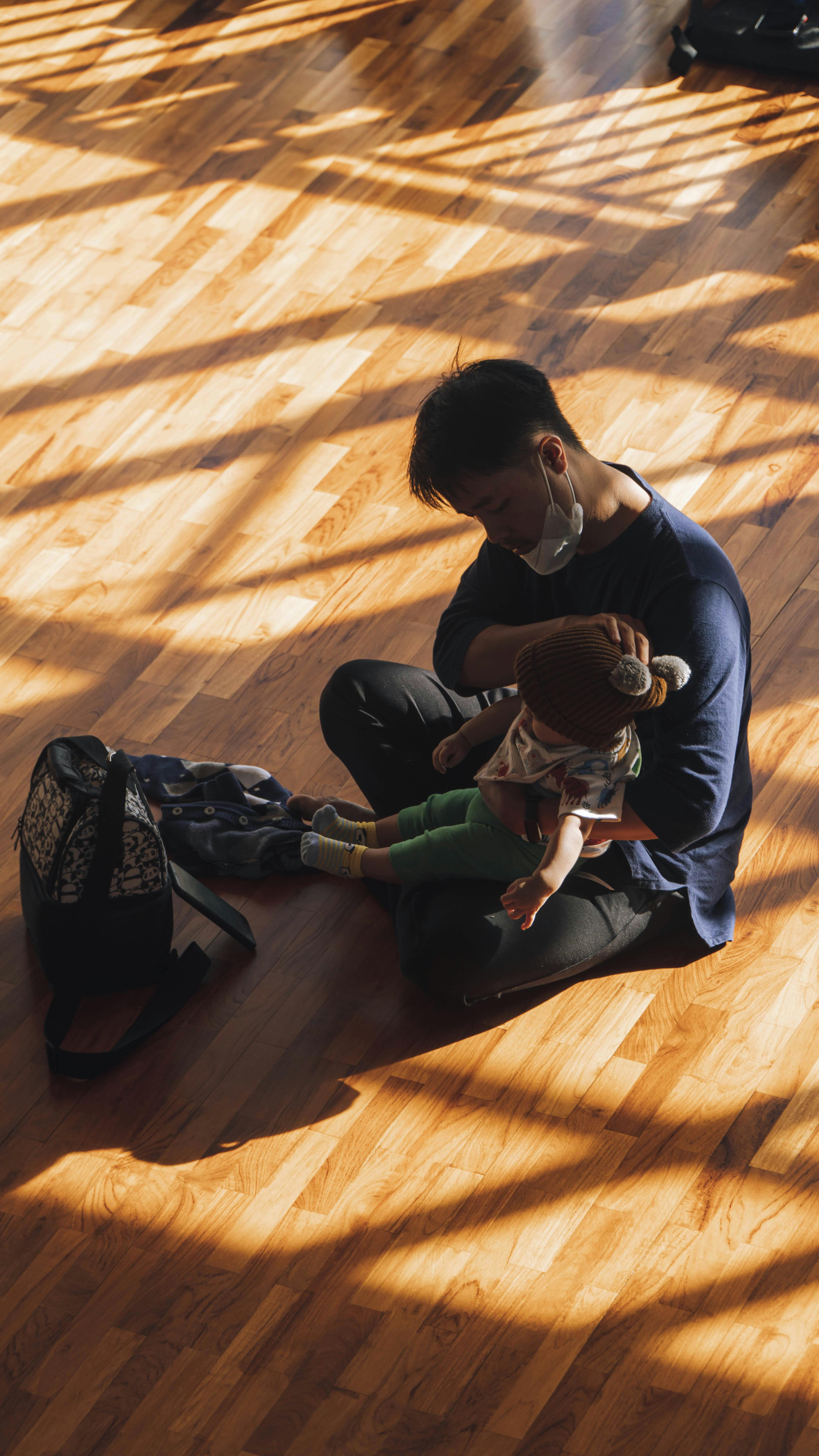Table of Contents
Childproofing the Home
One of the first things you should do when babysitting is to childproof the home. This includes making sure that hazardous items such as cleaning products, medications, and sharp objects are out of reach of children. Additionally, make sure that electrical outlets are covered, cabinet locks are in place, and any potential choking hazards are removed from the child’s reach.
On-Demand Childcare in Your Neighborhood
Book a Sitter
Emergency Preparedness
As a babysitter, it’s important to be prepared for any emergencies that may arise. Make sure you know the child’s allergies, medical conditions, and emergency contact information. Have a first aid kit on hand, and be trained in CPR and basic first aid. In case of a fire or other emergency, know the evacuation plan and have a designated meeting spot outside the home.
Supervision
One of the most important aspects of babysitting is proper supervision of the children in your care. Always keep children within your line of sight, especially when they are swimming or playing outside. Avoid distractions such as phone calls or texting while watching the children, and never leave them alone, even for a brief moment.

Safe Sleeping Practices
When it comes to putting children to bed, it’s important to follow safe sleeping practices. Make sure the crib or bed is free of pillows, blankets, and stuffed animals, as they can pose a suffocation hazard.
Always put babies to sleep on their backs to reduce the risk of SIDS, and ensure that the sleeping area is free of any potential hazards.
Fire Safety
Another important aspect of babysitting is fire safety. Make sure you know where the fire extinguisher is located in the home, as well as how to use it. Teach children about fire safety, such as not playing with matches or lighters, and have a designated fire escape plan in case of a fire. Practice fire drills with the children so they know what to do in case of an emergency.
Conclusion
Babysitting can be a fun and rewarding experience, but it’s important to prioritize the safety and wellbeing of the children in your care. By following these top 10 safety tips, you can ensure that the children you babysit are safe and well taken care of. Remember, being prepared and responsible is key to being a successful babysitter.










